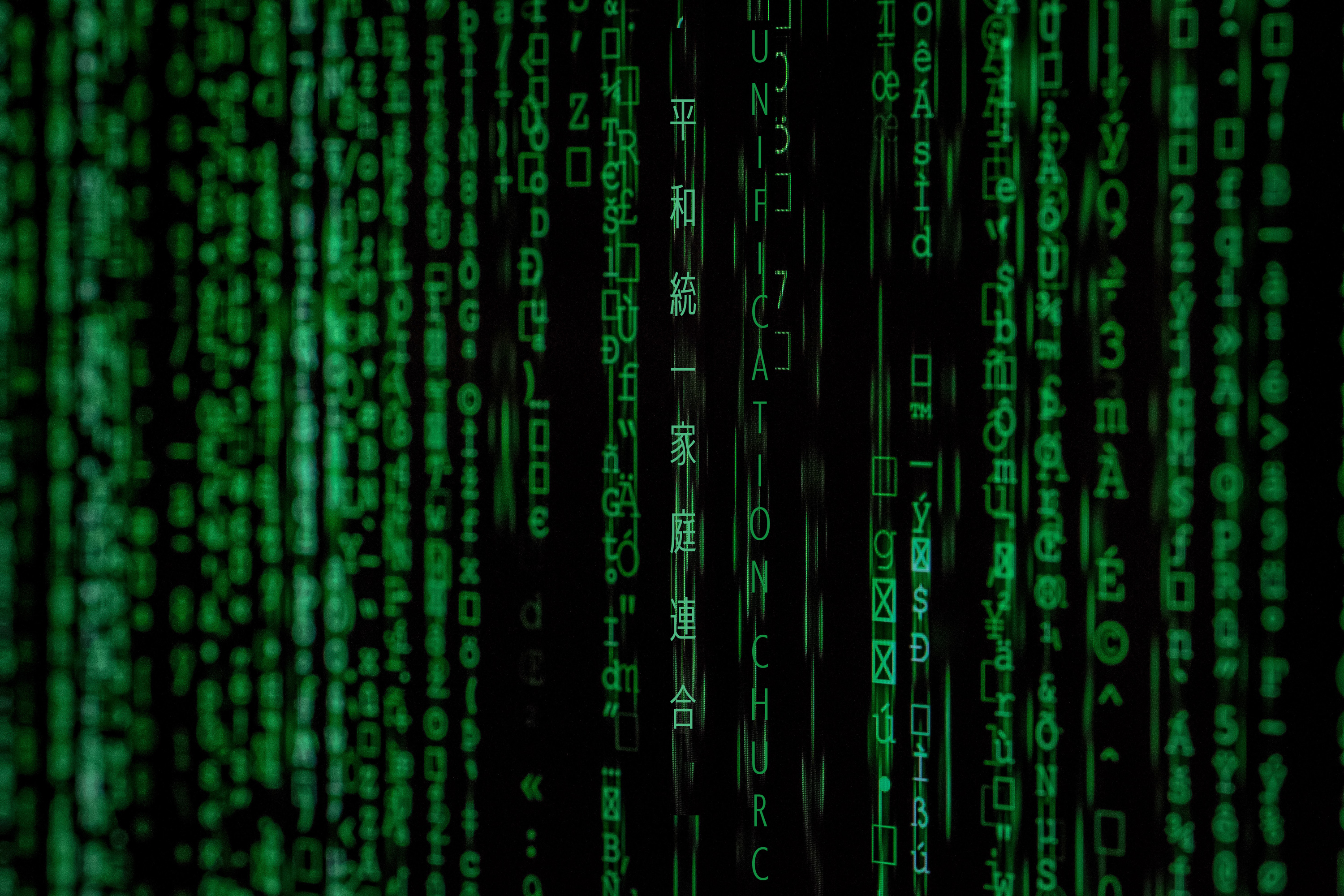Issue:
September 2022
Initial reluctance to name the Unification Church after Abe’s death could damage public trust in mainstream media

The eyes of the world were drawn to Japan on July 8 when former Prime Minister Shinzo Abe was assassinated while delivering a campaign speech in Nara. It could have been an opportunity for Japan’s mainstream newspapers and television media to shine. Instead, in the immediate days after the assassination, traditional media outlets lagged behind in reporting controversial facts while online media and tabloid journalism led the way as timelier sources of information.
The trouble started on the evening of July 8, when vague domestic media reports appeared stating that shooting suspect Tetsuya Yamagami targeted Abe because he held a grudge against a “certain group” and believed that the former prime minister was associated with that group.
These reports were based on statements released by the police, who were not providing details about the group in question. Under normal circumstances, one would expect that newspapers and television journalists would scramble to find out and report more details about the group, but the opposite appears to have occurred. For the next few days, Japan’s mainstream media outlets did not name the organisation. Some reports referred to it as a religious group, while others continued to use even vaguer language.
This media “blackout” naturally gave rise to widespread speculation on the internet. By the following morning, thousands of Japanese Twitter users were sharing their own theories about the identity of the group in question. Popular posts and hashtags zeroed in on one organization – the Family Federation for World Peace and Unification, commonly referred to as the Unification Church.
Social media speculation about the Unification Church drew on proven ties between Abe and the church – ties that had until that point gone largely unreported in Japan’s mainstream media.
For years, independent journalists such as Eito Suzuki and Yoshirō Fujikura, as well as opposition media such as the Japanese Communist Party’s Shimbun Akahata, had regularly documented links between Abe’s Liberal Democratic Party and the Unification Church. The most visible example of Abe’s ties to the church, a virtual speech he delivered to a church-affiliated event in September 2021, was widely circulated on social media but largely ignored by major newspapers and television networks. When the same news organizations failed to report the name of the “group” related to the Abe assassination, it was not exactly a wild conspiracy theory for netizens to post about how it could be the Unification Church.
On the night of July 9, the tabloid Shukan Gendai published an article stating that the group was indeed the Unification Church. Canada’s Globe and Mail followed up with English-language articles on the topic. The Japanese tabloid FRIDAY and The Washington Post both ran stories on July 10 confirming that Tetsuya Yamagami’s mother was a church member. Nonetheless, the mainstream Japanese media blackout continued until the Unification Church held a press conference the next day to officially announce the same information.
Would Japan’s mainstream media have continued to withhold the church’s name had that press conference not been held? Journalist Hiromichi Shizume has lamented that it was a reasonable question to ask, reflecting the “deplorable state” of Japanese television and newspaper journalism1. Shizume contended that the insular nature of mainstream Japanese journalism, centered around kisha clubs, encouraged self-censorship about topics that could draw the ire of police or politicians. According to Shizume, traditional newspapers and television channels were “killing themselves as news sources” because their acts of self-censorship served only to reveal that they were unwilling to report information that was already available from online Japanese media and the international media.
There are other plausible explanations for the reluctance of Japanese newspapers and television to report the Unification Church’s name, such as a desire to avoid provoking anti-religious discrimination, or caution about giving voice to a shooting suspect’s unconfirmed accusations just days ahead of an Upper House election. Whatever the reasons, millions of people who may have not paid attention to past controversies about media self-censorship have been exposed to an example of Japan’s major newspapers and television networks not reporting key details that were already being reported online and abroad.
In the weeks since the end of the media blackout, Japanese newspapers and television networks have devoted more attention to controversies surrounding the Unification Church’s aggressive fundraising methods and its harmful impact on believers, including the case of Yamagami’s family. There has also been a wave of reporting on ties between Japanese politicians and the church, some of it new, but much of it a repeat of information reported years ago by tabloids and online media.
While traditional media may be able to regain some public trust by taking politicians to task over their ties to the church, their slowness to act in this case may also bolster public perceptions that the internet offers access to truths that the mainstream media is unwilling to report.
The internet provides opportunities for many independent Japanese journalists and media outlets to engage in serious reporting, but no country is immune to the rise of online conspiracy media and fake news. The media’s handling of information on the Unification Church may also provide opportunities for the expansion of the fringe NHK Party and Sanseito Party, both of which seek the support of voters who distrust information reported by the mainstream media.
Jeffrey J. Hall is a special lecturer in Japanese Studies at Kanda University of International Studies. He is the author of Japan’s Nationalist Right in the Internet Age (Routledge, 2021).

